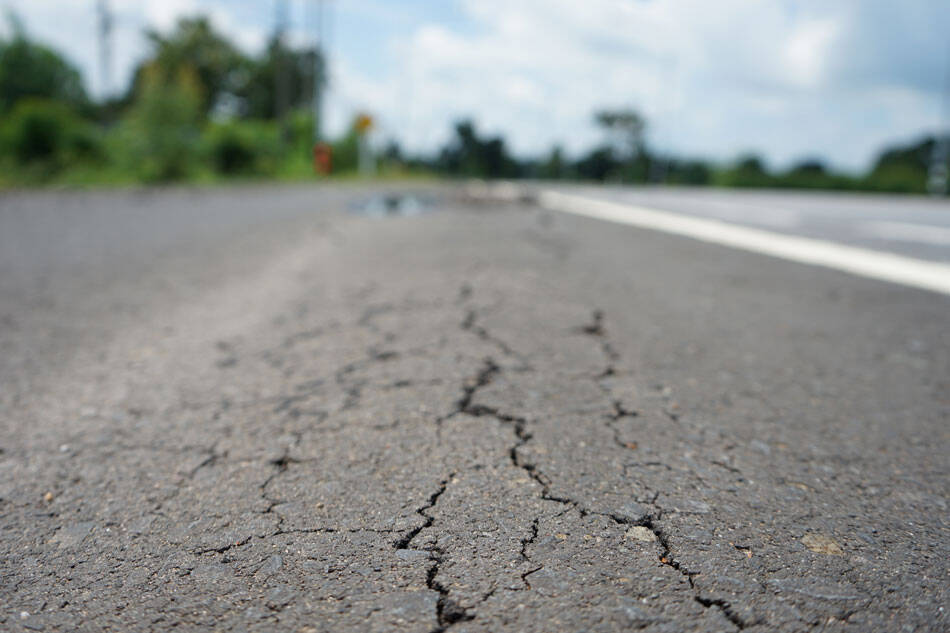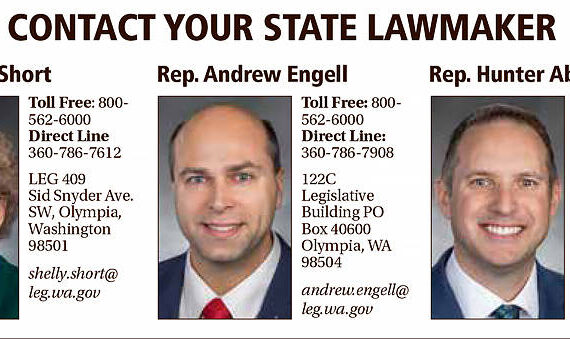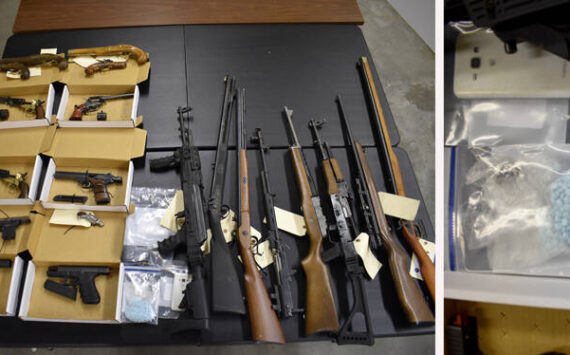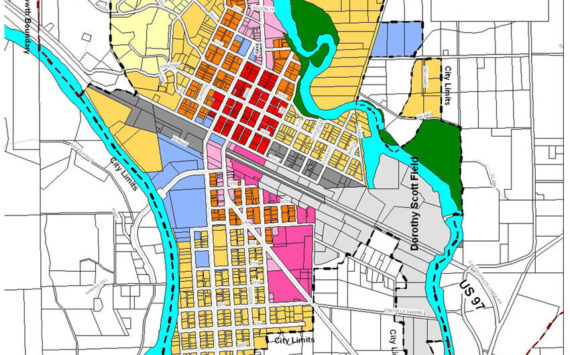By TJ Martinell | The Center Square
(The Center Square) – While Washington’s Climate Commitment Act has generated more than $1 billion in less than a year to fund climate change initiatives, the Washington State Department of Transportation says they don’t have enough money to replace infrastructure that’s at the end of its lifespan.
Although the state agency has for years warned of a “glidepath toward failure” regarding funding for road maintenance and preservation, WSDOT officials now say years of funding gaps have added up to the tune of $11 billion worth of project backlog.
“Our ability to keep the system safe and usable for future generations (is) just not possible without an additional investment and/or prioritization for preservation funding,” WSDOT Maintenance Engineer Pasco Bakotich III told the Washington State Transportation Commission at its Tuesday meeting. He added that without new funding “DOT will be forced to continue to make increasingly difficult and unsustainable tradeoffs.”
According to Bakotich, WSDOT has amassed an $11 billion gap over the past decade between the revenue they’re receiving and the amount they need to preserve and maintain the infrastructure. He said that WSDOT would need an additional $1.1 billion each year “to meet all the agency maintenance and preservation needs.”
In 2022, the state Legislature appropriated $750 million for maintenance as part of its 16-year, $3 billion “Move Ahead Washington” transportation package.
While WSDOT can maintain roads and bridges, Bakotich said that many aspects of the transportation infrastructure have reached their end of service life and need replacement.
“We’re being asked to rotate tires, and there’s no tread left on the tires,” he said. “It doesn’t do any good to just rotate tires if there’s no tread left on.”
In terms of preservation, Bakotich said that there are 11,000 lane miles that require some form of it, roughly 60% of the road system, ranging from mere touch-ups to poor condition. WSDOT currently paves 920 lane miles annually, according to the state agency.
According to WSDOT, it can cost $50,000-$60,000 per lane mile to do chip seal conversation and preventative maintenance can cost $10,000-$60,000 per lane mile.
Other capital projects on backlog include:
- 16 bridges in need of replacement, with 36 more in need of “major rehabilitation”
- A quarter of the Palouse River and Coulee City rail line, the longest short line freight rail system in Washington, is considered to be in “poor condition.” Trains travel no faster than 10 miles per hour on 80% of the line.
- More than 40% of WSDOT buildings are considered to be in “poor condition” due to a variety of factors including obsolete building standards to “outdated and inefficient systems.” More than 40% of WSDOT buildings are more than 50 years old.
Washington’s counties are also facing underfunding challenges for maintenance and preservation, according to the state County Road Administrative Board. Its Rural Arterial Program for road and bridge reconstruction projects receives an average of $190 million worthy of applications every biennium, but only has enough revenue to finance $50 million.
CRAB Executive Director Jane Wall told the WSTC at Tuesday’s meeting that funding for the County Arterial Preservation Account used to fund county road systems is not keeping up with preservation needs.
“It takes a lot more money to maintain the assets that we have,” she said.
The board is advocating for the state to expand its revenue sources to include the Climate Commitment Act and potentially use road usage charge revenue.







